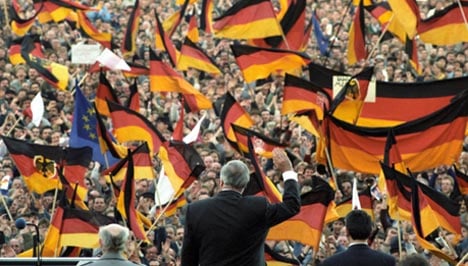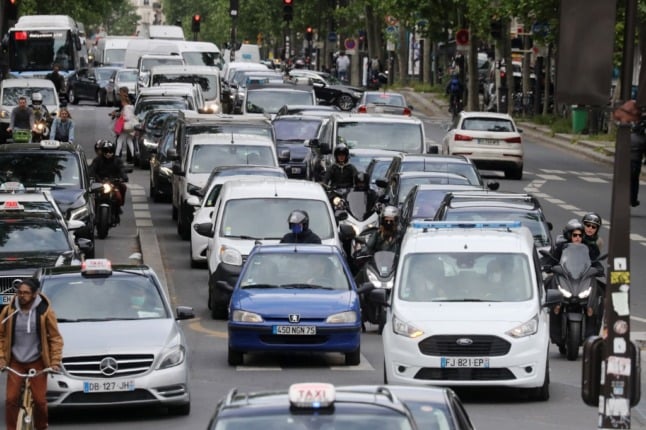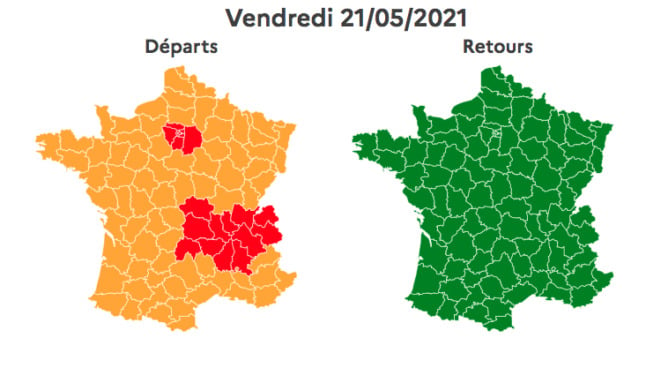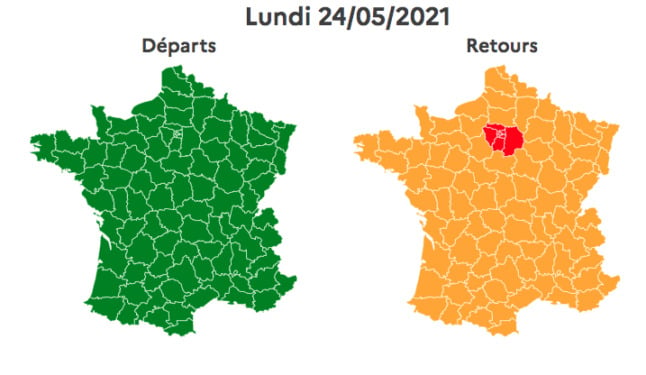Two decades ago, Helmut Kohl was either wilfully deceptive or woefully naïve.
Back in 1990, the man now known as the ‘Chancellor of Unity’ tried to sell German reunification by claiming there would soon be “blossoming landscapes” across what was a then decrepit communist East Germany.
His promise of easy peace and prosperity helped win over sceptics on both sides of the crumbled Iron Curtain at the time. But with the benefit of hindsight, Kohl’s rosy prediction couldn’t have been further from the harsh realities most eastern Germans would end up facing.
Shortly after West Germany swallowed East Germany on October 3, 1990 (despite Kohl’s public shtick, it was never a merger of equals) the new country’s eastern half was confronted with surging unemployment, rising xenophobia and a host of other social ills aggravated by the unprecedented economic turmoil connected with undoing 40 years of communist mismanagement.
The initial euphoria of reunification passed, and many Wessis quickly became loath to pay for their poorer eastern cousins. Ossis, meanwhile, rapidly tired of western condescension that seemed to write off their lives as having been wasted.
Twenty years on, only a few nutjobs publicly pine for the country’s Cold War division, but the waning east-west antagonism is still reflected in an utter lack of interest in German Unity Day.
Unlike America’s Independence Day or France’s Bastille Day, Germany’s national day on October 3 is not much of a celebration. The official party is unlovingly rotated among the country’s 16 federal states (this year it’s in Bremen) and privately Germans mark the day by doing absolutely nothing special.
On November 9 last year, there were huge commemorations for the 20th anniversary of the fall of Berlin Wall. But few people seem to be halfway as excited about remembering the day when their country became whole again.
Still, as Unity Day approaches, it’s important to point out how much has actually been achieved in the past 20 years.
To be sure, eastern Germany still faces economic challenges and demographic decline, but it’s come a long way from the grim upheaval of post-reunification. While cities such as Leipzig and Dresden are flourishing, the east’s natural wonders from Thuringia’s lush forests to the pristine Baltic Sea coast are once again attracting tourists in droves.
Only a decade ago, the German economy, saddled with rebuilding the east, was dubbed the ‘sick man of Europe,’ poised to drag everyone else down with it. But these days it’s touted as the continent’s ‘economic motor’ that should be emulated rather than pitied. Joblessness has dipped to levels not seen since the early 1990s and is expected to dip further still in the coming months.
And perhaps just as important, Germany finally appears to be on the upswing culturally as well as economically.
The country’s neighbours have come to realize over the years that they have nothing to fear from a reunified Germany, making it easier for younger generations to put Second World War-era resentments firmly in the past.
This, in turn, has allowed the world to warm up to the Germans, who last spring secured their first victory in the Eurovision Song Contest in nearly 30 years despite the competition’s notoriously nationalist voting tendencies.
And German certainly wasn’t a popular foreign language choice while I was at university in the early 1990s, but Berlin has become so trendy with US hipsters these days that parts of the German capital could probably pass for the sixth borough of New York City.
But possibly the biggest sign that Germany is no longer the country everyone loves to hate came this summer.
During the 2010 World Cup, many fans from Germany’s most bitter football rivals found themselves willingly rooting for the country’s dynamic and multicultural team.
The English and French cheering for Die Mannschaft? Such support would have been unthinkable back when West Germany actually won the tournament back in 1990 just months before reunification.
And that certainly is cause for celebration.





 Please whitelist us to continue reading.
Please whitelist us to continue reading.
Member comments